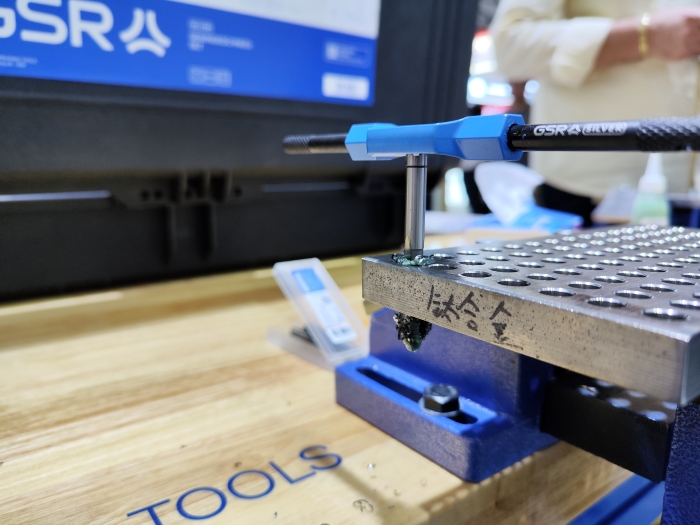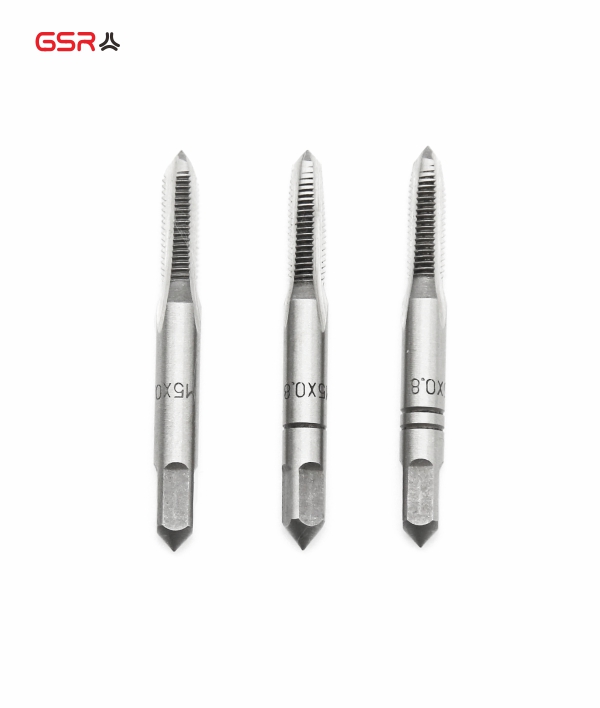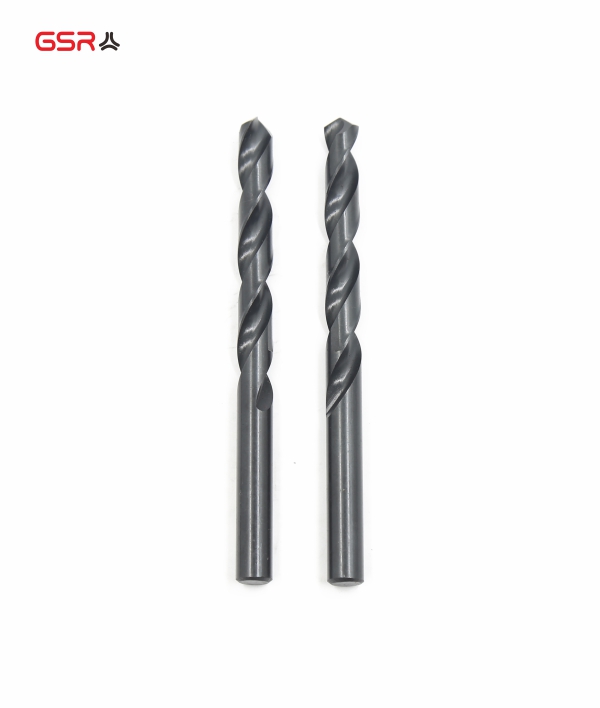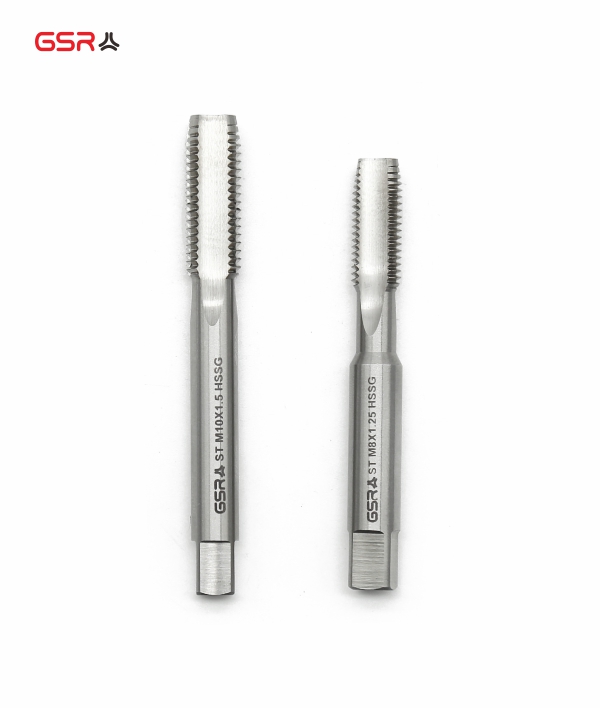Reasons for the Difficulty in Machining Titanium Alloys
Titanium alloys are widely used across various fields due to their outstanding properties. However, their “difficulty in machining” is inseparable from these very excellent characteristics.
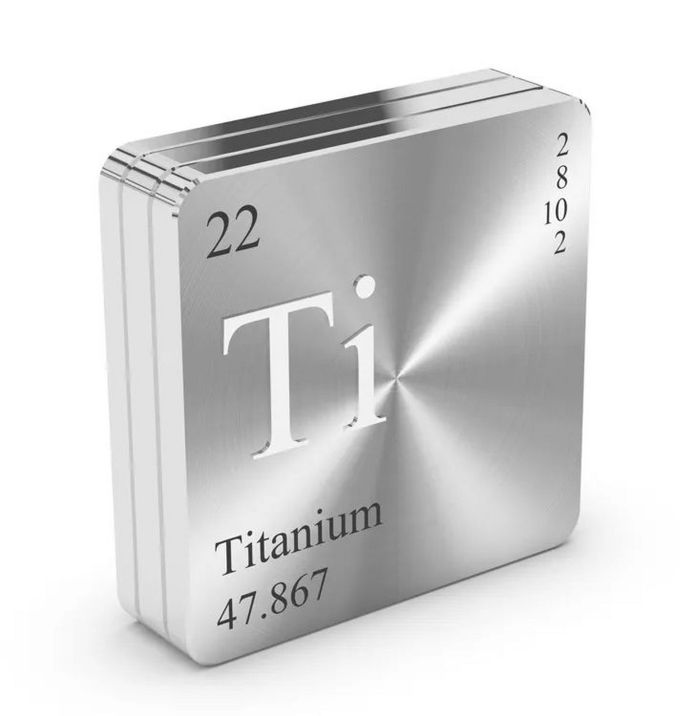
① Titanium shavings are flammable: At high temperatures (600°C), titanium shavings readily ignite.
② Poor thermal conductivity: Titanium alloys have a low thermal conductivity coefficient, only 1/6 to 1/7 that of #45 steel. Combined with their low density, cutting heat concentrates near the cutting edge, resulting in high temperatures in the cutting zone and severe tool wear.
③ High chemical affinity: It strongly bonds with Ti-containing cemented carbide, and many tool coatings contain titanium.
④ Low elastic modulus: Approximately half that of 45 steel, resulting in significant elastic recovery and severe friction. Additionally, workpieces are prone to clamping deformation.
⑤ Severe work-hardening: Titanium exhibits high chemical reactivity and readily absorbs oxygen and nitrogen from the air at elevated cutting temperatures, forming a hard and brittle surface layer. Concurrently, plastic deformation during machining further contributes to surface hardening. This work-hardening phenomenon not only reduces the fatigue strength of components but also accelerates tool wear.
⑥ Short tool-chip contact length: Under the influence of oxygen and nitrogen in the air, titanium alloy chips form hard, brittle compounds, causing the chips to break into short fragments. Consequently, the tool-chip contact length is very short, concentrating cutting forces and heat near the cutting edge, making the tool prone to chipping.
In GSR, you can find the right taps to machining Titanium Alloy in different grades, both hand tap set and machine tap, these taps are from our Germany Company and well used by customers from High-tech industries.
Contact us for more information: sales@gsrthreads.com
